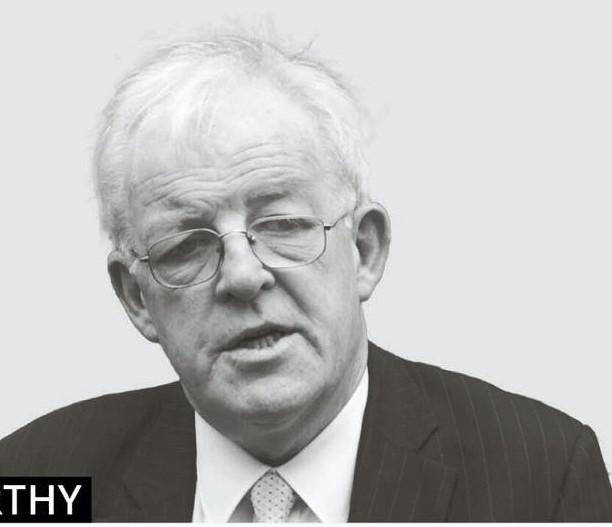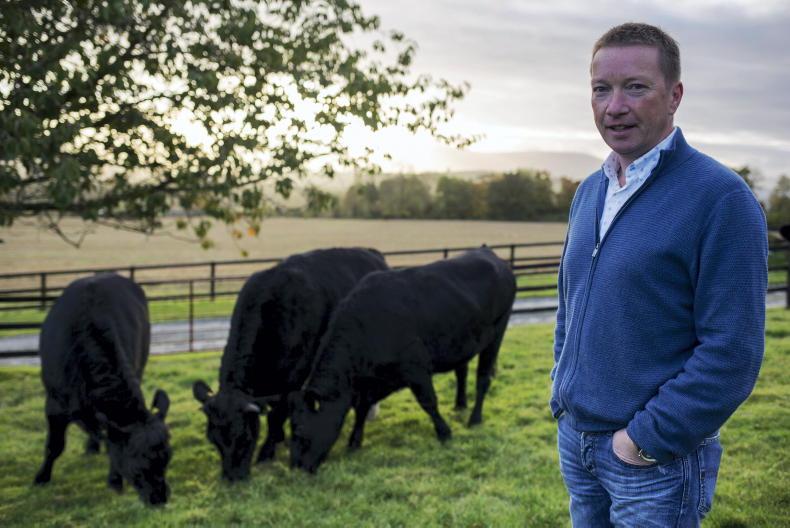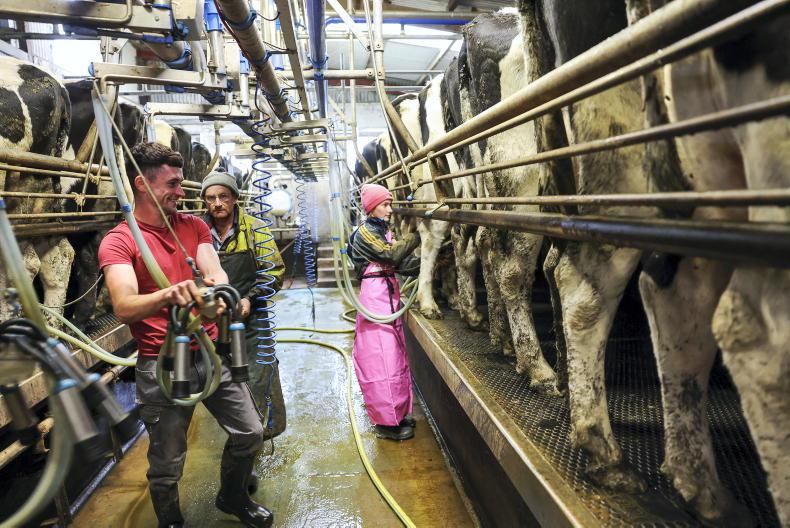The Department of Finance must amend the newly announced additional step out of income averaging to ensure that all farmers whose incomes have fallen in 2020 are allowed to opt out for this year, ICMSA’s farm business committee chairp Shane O’Loughlin has said.
The ICMSA has said the introduction of an additional step out of income averaging is a good idea, but will not be taken up by many farmers due to the restrictive terms of the tax relief.
Under the financial provisions bill 2020, farmers who are normally assessed through income averaging have been allocated an additional step out for the 2020 tax year, even where the farmer has already stepped out of averaging within the previous four years.
Reduced income
The new rules will allow a farmer who has made a loss in 2020 to get a second chance at opting out of averaging on a temporary basis. The tax saving achieved from taking this option must be paid back over the four succeeding years.
O’Loughlin said: “Many farmers may suffer a substantial drop in income, but will fail to make the criteria.
"If a farmer's profit drops from €20,000 in 2019 to €5,000 this year, they will not be able to use this step out, despite their income being effectively wiped out.
“In our example above, the farmer has suffered a 75% fall in profit, but will be excluded from the step out, leaving him or her struggling to pay their five year-average bill due in the coming months.”
Price volatility
The ICMSA chair has suggested that current price volatility is overtaking the principle of income averaging.
O’Loughlin continued: “This is the root of the problem facing the agri-taxation code at present; excess price and income volatility has played a major role in the undermining of family farms over the last decade.
“Continued volatility will lead to greater income uncertainty, further undermining the family farm structure, and this is a decisive issue for Irish farming in terms of generational renewal.”
Tax flexibility
The ICMSA has said that farmers need a taxation system which allows flexibility from year to year and one designed to ensure that in a bad year the farm can be sustained from profits earned in good years.
O’Loughlin said: “We have proposed the introduction of an income volatility management tool called the farm management deposit scheme (FMDS). This should be a priority in Budget 2021 if the Government is serious about supporting the family farm.”
Read more
Income averaging: farmers allocated additional step out for 2020
365ac solar farm planned for Meath
Agricultural land value falls by 1%
The Department of Finance must amend the newly announced additional step out of income averaging to ensure that all farmers whose incomes have fallen in 2020 are allowed to opt out for this year, ICMSA’s farm business committee chairp Shane O’Loughlin has said.
The ICMSA has said the introduction of an additional step out of income averaging is a good idea, but will not be taken up by many farmers due to the restrictive terms of the tax relief.
Under the financial provisions bill 2020, farmers who are normally assessed through income averaging have been allocated an additional step out for the 2020 tax year, even where the farmer has already stepped out of averaging within the previous four years.
Reduced income
The new rules will allow a farmer who has made a loss in 2020 to get a second chance at opting out of averaging on a temporary basis. The tax saving achieved from taking this option must be paid back over the four succeeding years.
O’Loughlin said: “Many farmers may suffer a substantial drop in income, but will fail to make the criteria.
"If a farmer's profit drops from €20,000 in 2019 to €5,000 this year, they will not be able to use this step out, despite their income being effectively wiped out.
“In our example above, the farmer has suffered a 75% fall in profit, but will be excluded from the step out, leaving him or her struggling to pay their five year-average bill due in the coming months.”
Price volatility
The ICMSA chair has suggested that current price volatility is overtaking the principle of income averaging.
O’Loughlin continued: “This is the root of the problem facing the agri-taxation code at present; excess price and income volatility has played a major role in the undermining of family farms over the last decade.
“Continued volatility will lead to greater income uncertainty, further undermining the family farm structure, and this is a decisive issue for Irish farming in terms of generational renewal.”
Tax flexibility
The ICMSA has said that farmers need a taxation system which allows flexibility from year to year and one designed to ensure that in a bad year the farm can be sustained from profits earned in good years.
O’Loughlin said: “We have proposed the introduction of an income volatility management tool called the farm management deposit scheme (FMDS). This should be a priority in Budget 2021 if the Government is serious about supporting the family farm.”
Read more
Income averaging: farmers allocated additional step out for 2020
365ac solar farm planned for Meath
Agricultural land value falls by 1%










SHARING OPTIONS